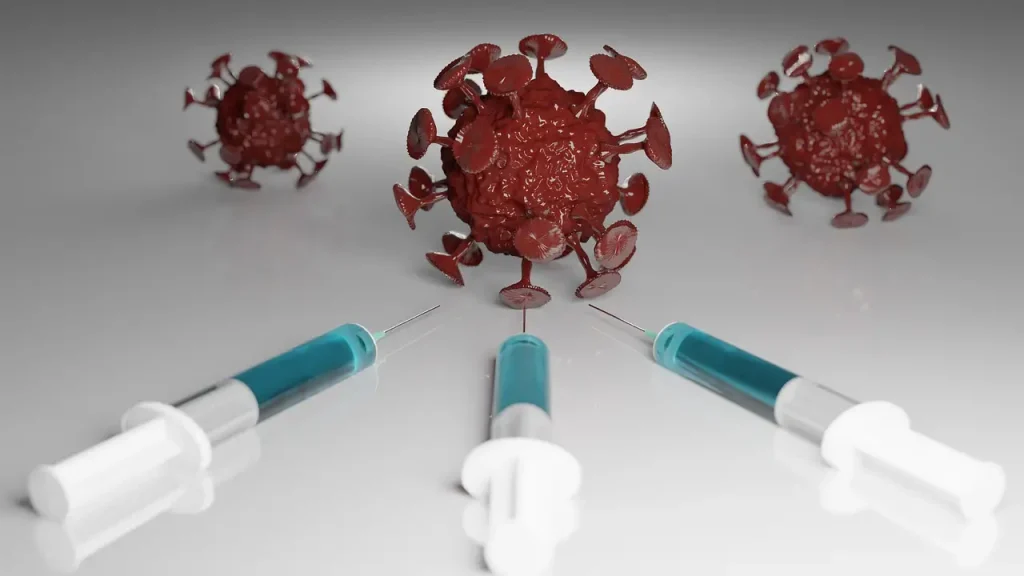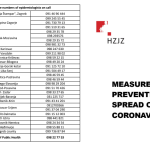This is especially important to stress, the ministry says, when elderly people and people with chronic diseases start getting vaccinated and think about which vaccine to choose.
“Based on all available information on the official websites of the Croatian Public Health Institute and the Health Ministry, the profession has clearly said that the best vaccine is the one we can get vaccinated with first. When the priority is to save lives and prevent the spread of the SARS-CoV-2 infection, there is no room to think about the probability of developing mild symptoms in case of infection,” the press release said.
The vaccination rollout plan is tailored to the needs of chronic patients and citizens over the age of 65 to ensure equal access to vaccines in every part of Croatia, and county public health institutes are coordinating the process in each county by determining locations for getting vaccinated. All information is also available to family medicine doctors.
There will also be a digital platform so that those interested can book a date to get vaccinated, which they can also do via the call centres of county public health institutes.
“It should be reiterated that vaccination, in addition to epidemiological measures, is the most powerful weapon in the strategy for fighting coronavirus. It is important to use the first opportunity to get vaccinated and protect yourself and your citizens so that we would be one step closer to ending the epidemic,” the Health Ministry said.
Medical associations: All vaccines successful in preventing serious illness and death
To get vaccinated or not to get vaccinated with available vaccine is a false dilemma, Croatia’s medical association said on Wednesday, underscoring that all approved COVID-19 vaccines are safe and successful in preventing serious illness, hospitalisation and death.
“Our message to citizens is — get vaccinated with the vaccine that is available because the risk from inoculation is lower than the risk of getting infected with COVID-19,” said the Croatian Medical Chamber, the Croatian Medical Association, the Croatian Medical Union, the Croatian Association of Hospital Physicians, the Croatian Family Physicians Coordination, the Croatian Epidemiological Society and the Croatian Society for Infectious Diseases of the Croatian Medical Association.
They explained that several European countries had decided not to administer the AstraZeneca vaccine to persons over the age of 65, but not because the vaccine might not be safe for that age group but because research into that vaccine had not yet covered enough elderly people to scientifically define the level of efficacy for that age group.
“No vaccine is 100% effective. A good example is the seasonal flu vaccine, which is about 45% effective but no one questions its use”.









